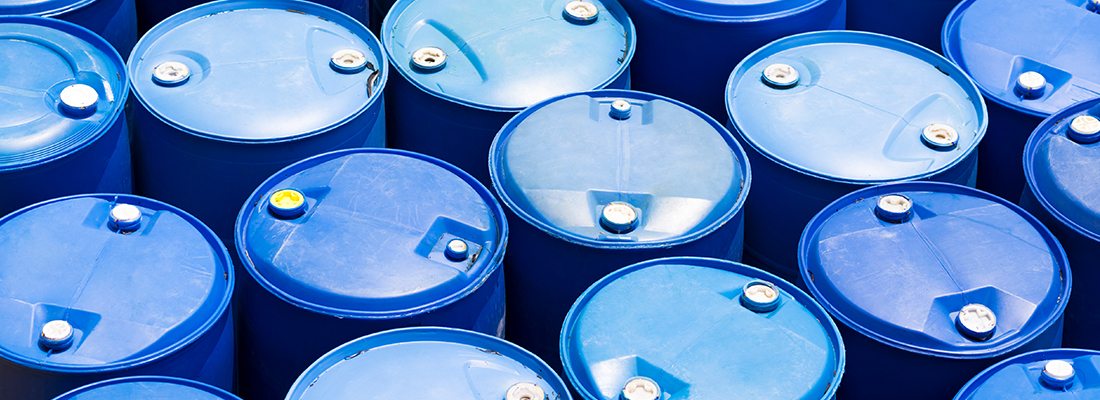The Why, When and How of Diesel Fuel Testing

Diesel fuel testing is important for program health. This proactive maintenance approach can help you prevent engine failure, contamination and fuel dilution, among other types of equipment damage.
Why should I test diesel fuel?
Testing your diesel fuel can help you avoid engine failure, minimize the number of expensive repairs performed, and ensure the quality of the fuel. Additional issues to consider include:
- Injector damage
- Water and sediment contamination
- Bacteria, fungi and mold
- Reduced combustion efficiency
- Impact of seasonal changes
- Increased corrosion of fuel components
- Plugged fuel filters
- Smoking
- Injector valve sticking
- EPA compliance
When should I test diesel fuel?
When you should test depends on what equipment you’re using, the performance issues you’re experiencing, and the methods of storage you’re utilizing. To help you decide when to start testing, run through this list of questions:
- Is my engine experiencing performance issues?
- Should I perform basic testing on bulk delivery shipments?
- Could contamination, sabotage or vandalism have occurred?
- Are my bulk tanks being tested twice yearly?
- Am I blending or treating my diesel fuel?
How can I start testing?
Taking action is simple. Our team can help you determine what you should test and when you should test in order to maximize program success.
If you have any questions, contact us at custserv@eoilreports.com.

Proven Impact. Proven Uptime. Proven Savings.
Let us prove it to you.



